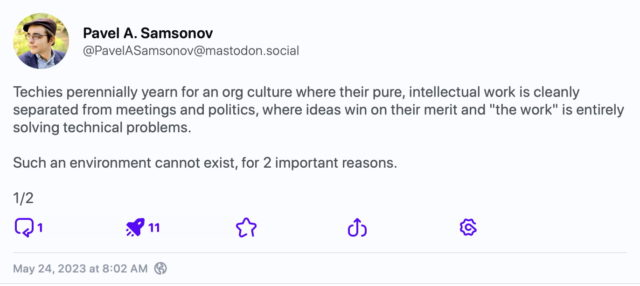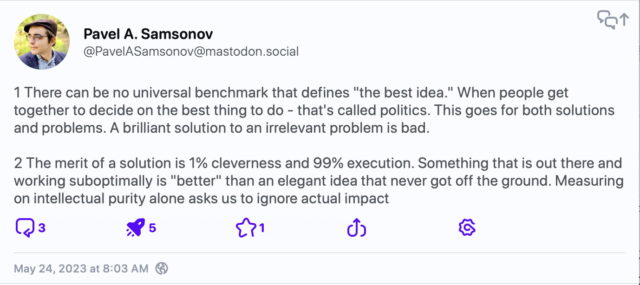Woo, a month and a half since my last post here! I’ve been slacking!
It’s been pretty quiet here, really. As you may have heard, this has been the warmest winter on record in the United States, and we’ve noticed this here in NorCal. Since Halloween the lowest overnight low in San Jose, CA was 37°F (Nov 25, Dec 10, Jan 8, Jan 12), and we’ve had a number of days with highs in the low 70s, which has resulted in me wearing shorts in February and March!
By contrast, let’s just pick 10 years ago, the 2013-14 winter. Most of December had lows under 40°F, with many mornings under 37° and an overall lowest-low of 27‡F on Dec 9. January had 2 weeks of warm highs around 70°, but lows still below 40°. Things warmed up in February and March.
The warming global climate has resulted in warmer temperatures overall, and extreme heat in some places, but it’s the unpredictable weather which is a bigger problem. From forest fires to drought to storms. On Feb 4 we had a big storm which knocked out our power for 15 hours, and for hundreds of thousands of people around the Bay Area as well. We’ve had big wind storms several times in the last few years, two of which have blown over sections of our fences. (Next time maybe I’ll spring for treated wood when we get the posts replaced.) Having 3 sections of fence go down with a dog who spends much of his time in the yard is a bit of an issue.
We did learn in the previous power outage that using our laptops to charge our phones makes power outages more bearable.
During the power outage, I was about a third of the way through Annalee Newitz’s novel The Terraformers (which is excellent, by the way) when I realized that it was missing about 30 pages between the end of part 1 and the beginning of part 2. Fortunately I had bought it from out local Books Inc., so I checked that they had power – which they did – and went down and exchanged it for a complete copy.
We’ve been lucky that we’ve been getting a fair bit of rain during this warm winter. Warm air does hold more water, so it’s probably up to the air currents and the jet stream whether we get doused or drought in any given year. I don’t think there have been many catastrophic incidents from the storms this year, although I think the coast has gotten socked a couple of times. But here in the valley it’s been just watering the plants, I think.
Meanwhile my sister drove up to Boston to visit our father for his birthday, and ended up heading home early ahead of a predicted huge storm – which ended up being a big nothing. From over a foot predicted to maybe a few inches. Not long after, storms took out a protective artificial sand dune on the north coast of Massachusetts. (I’d bet a fair bit of money that they went with a sand done and not something more durable because the coastal commission for the town wouldn’t let them do more due to the environmental impact.)
Anyway. No doubt things are just going to be a roller coaster ride from here on out. Has the polar vortex socked the Midwest and Texas yet this year, or is that on tap for next winter?
Amidst all this, I hit my 25 year anniversary both of living in California and of working at Apple. I can’t say it feels like yesterday that I started, but time does seem to be whizzing by lately.
Oh, and the San Francisco 49ers lost the Super Bowl. But we did watch the new BayFC women’s pro soccer team win their inaugural game on Saturday. (Mainly I think soccer broadcasting could do a lot more than it does to help viewers learn the names of and identify with the players. I think I know exactly 3 BayFC players after that game.)
So that’s the roundup from here. Heading into spring I have more house chores to take care of, in particular having someone come in to fix up issues with our lawn sprinkler system. (Yeah yeah, I could probably do it myself, but I don’t wanna.)



